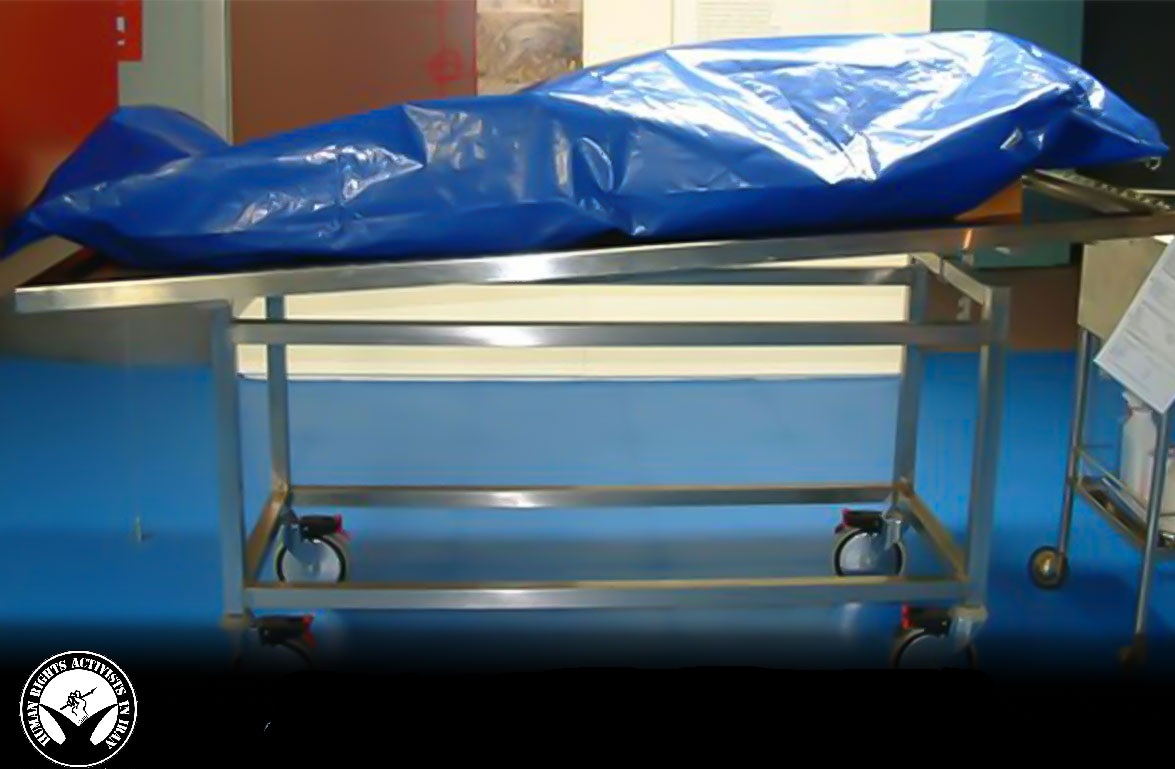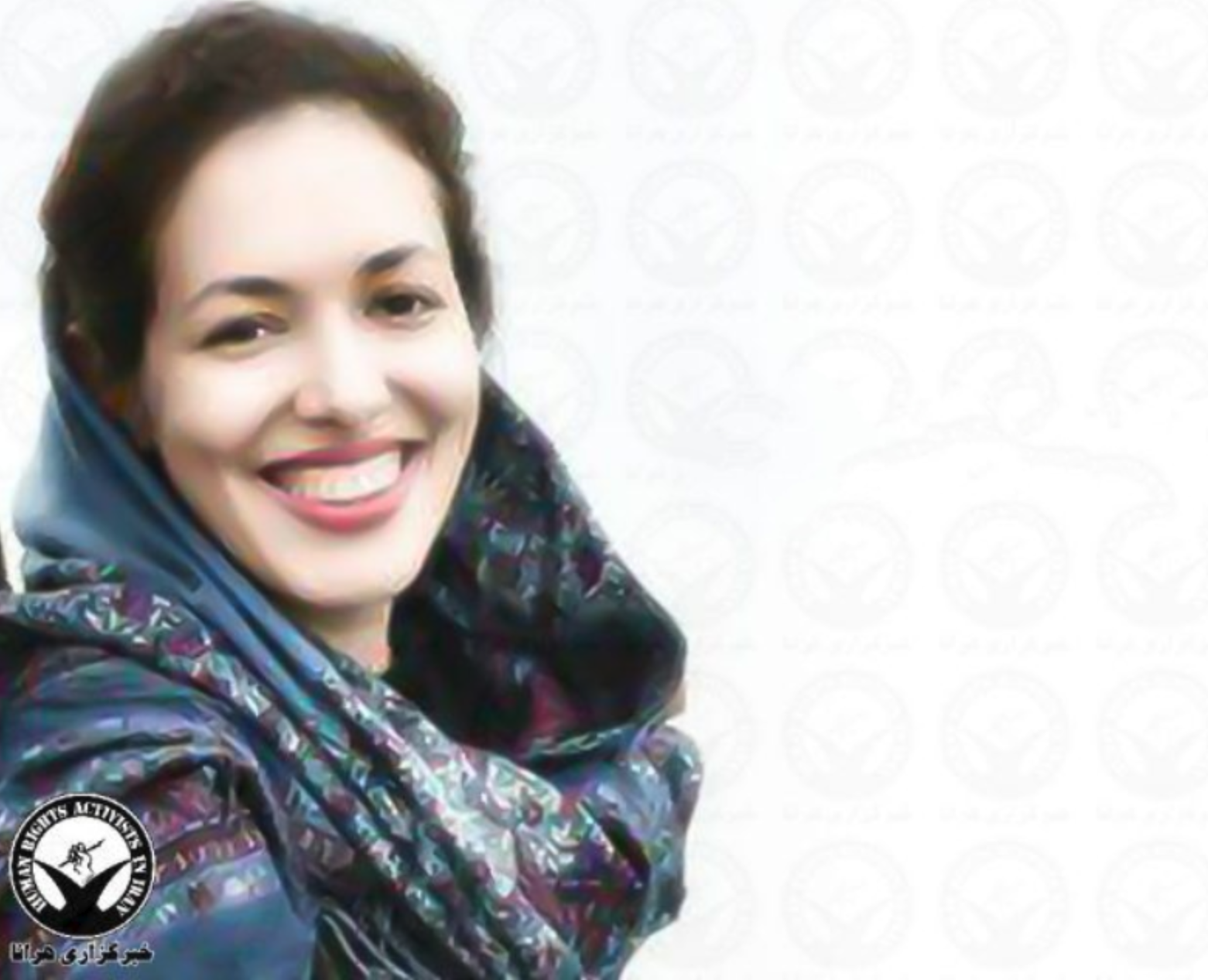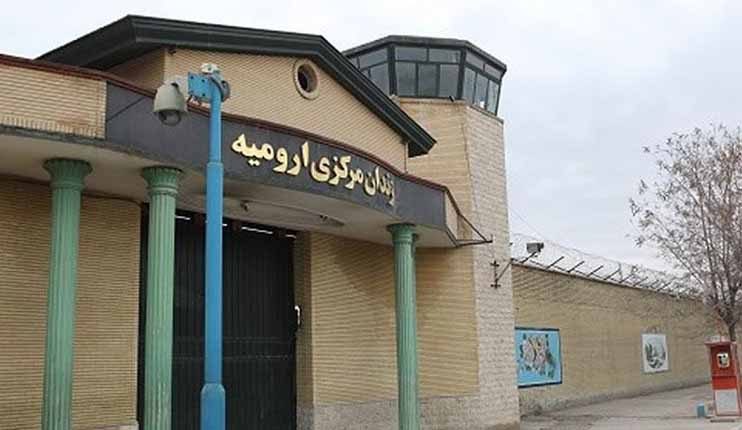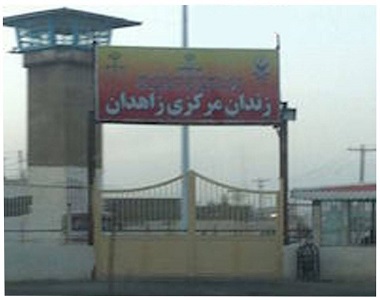On Monday, June 7, the General Directorate of Prisons of Tehran Province finally confirmed the death of political prisoner Sasan Niknafs in Greater Tehran Prison.
According to HRANA, the news agency of Human Rights Activists, the Tehran Prisons Organization claims that the place of death was Firoozabadi Hospital in Tehran. However, an informed source stated that in reality, Niknafs’ body was taken to a hospital outside the prison after his death.
The political prisoner was suffering from myriad mental and physical health problems, such as diabetes, fatty liver, gastritis, high blood pressure, and severe depression. The Prisons Organization confirmed in its June 7 report that Niknafs had once attempted suicide.
By most definitions, Niknafs was unfit to serve time in prison, but his mother’s efforts to obtain a certificate of intolerance were unsuccessful until after his death. Moreover, despite the clear urgency of his condition, Prison officials significantly delayed sending Niknafs to a properly-equipped hospital outside the prison.
In the last two days, several political prisoners in the Greater Tehran Prison have been interrogated regarding Niknafs’ drug use. A statement issued by the Tehran General Directorate of Prisons says that drug use was the cause of Niknafs’ deteriorating condition, without mentioning the forensic report.
According to an informed source, prison officials are attempting to make the case that self-medicating was the cause of Niknafs’ death as they did for Behnam Mahjubi, a prisoner who died earlier this year under similarly mysterious conditions after being denied proper medical treatment.
In February, prison authorities declared that Sufi dervish activist Behnam Mahjubi died after what they say was poisoning due to self-medicating and medication consumption, despite evidence from forensic reports to the contrary. According to the forensic medical order, Niknafs needed to be under medical monitoring. Instead, the extent of his treatment was a prescription of 2 Largactil tablets (chlorpromazine hydrochloride) and 1 Clonazepam, daily, by the prison health center.
Reckless behavior among Greater Tehran Prison officials, especially regarding political prisoners, has long been a burden on the mental and physical health and safety of inmates. The news of Sasan Niknafs’ death due to the negligence of prison officials has once again raised concerns about other political prisoners being held in Greater Tehran Penitentiary.













